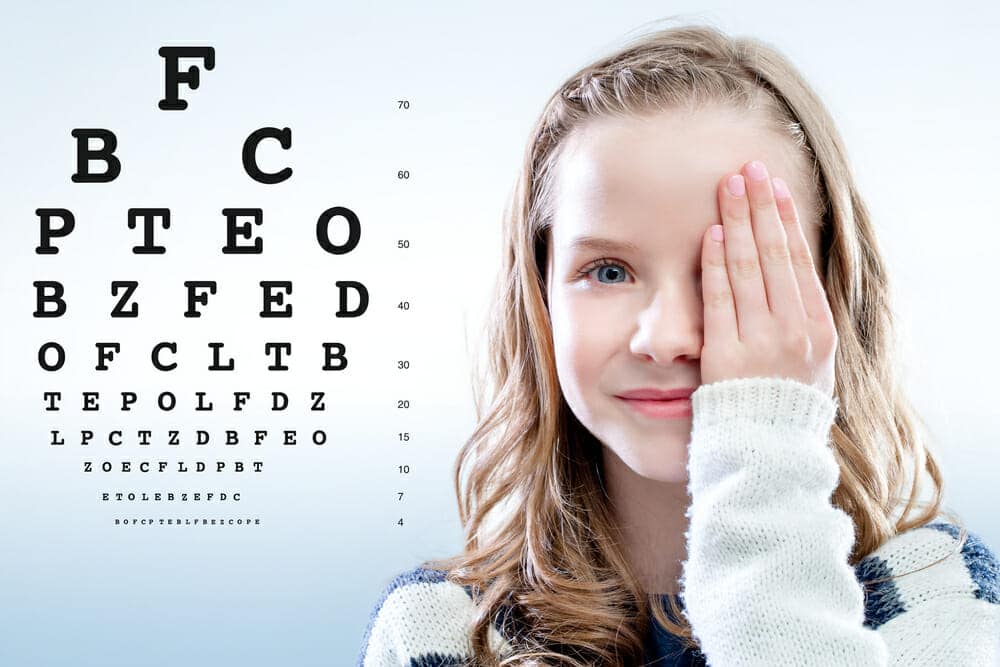We all need sleep. Without it, it’s impossible to function, much less do your best. When you’re fatigued, your strength and energy, your focus and attention, even emotions and overall physical well being falter and fade. Despite the necessity, it’s entirely too common for sleeplessness to affect even the busiest among us. With some basic routines that you incorporate into your life, sleep doesn’t have to be elusive.
One of the simplest solutions to trouble falling asleep and resting through the night is to maintain a regular schedule. Set your bedtime to a regular clock that you adhere to, so you rise in the morning and adjourn to bed in the night at the same time each day. Even on weekends, when it might be tempting to ignore the alarm clock, maintain that schedule. The reverse is true as well; if you’ve had a tiring day, look for ways to stay stimulated to avoid retiring too soon and disrupting the schedule.
The human body has evolved to respond to light; melatonin is the body’s innate hormone that regulates your sleep cycle. It is heavily influenced by your exposure to natural light. Spending too much time away from the sun can throw your sleep rhythm completely off. Where possible, get some outdoors time, or at least use available windows.
Sleep doesn’t have to come hard with these simple tips to get you into sweet dreams. #HealthStatus
Follow HealthStatus
Tweet Now
Key Points:
- 1Sleep directly impacts both your physical and mental health and the quality of your life.
- 2You should try to go to bed and wake up at the same time everyday.
- 3You should not nap for over 20 minutes because it can mess up your sleep cycle.
See the original at: https://helpguide.org/articles/sleep/getting-better-sleep.htm








Reply